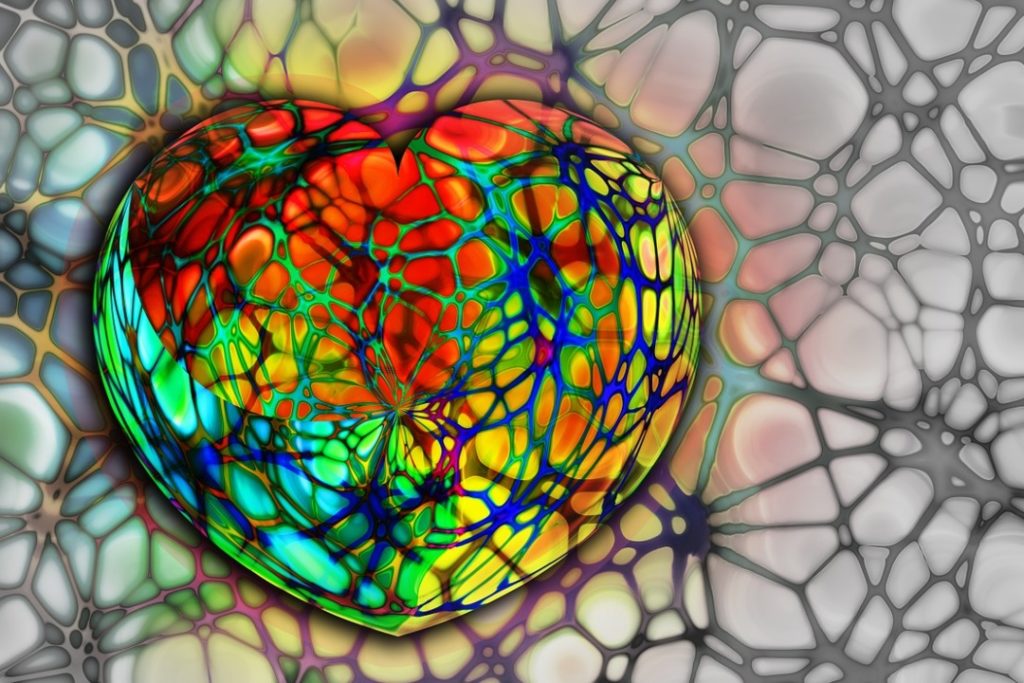
Contents
What is Benign Intracranial Hypertension?
Intracranial hypertension (IH) is the general term for the neurological disorders in which cerebrospinal fluid (CSF) pressure within the skull is too high. Old names for IH include Benign Intracranial Hypertension and Pseudotumor Cerebri. Intracranial hypertension can be divided into two categories: Acute IH and chronic IH. Acute IH often occurs as the result of severe head injury or intracranial bleeding from an aneurysm or a stroke. It is characterized by a very rapid onset after the initial injury and extremely high intracranial pressure that can be fatal. Chronic IH is a neurological disorder in which the increased cerebrospinal fluid (CSF) pressure has generally arisen and remains elevated over a sustained period of time. It can either occur without a detectable cause (Idiopathic Intracranial Hypertension) or be triggered by an identifiable cause such as an underlying disease or disorder, injury, drug or cerebral blood clot (Secondary Intracranial Hypertension). Anyone can develop chronic IH, regardless of age, gender, ethnicity, race or body type, but most of that cases say that it predominantly affects obese women of childbearing age.Symptoms
- Headache
- Visual changes due to swollen optic nerves (papilledema), sometimes poor vision
- Whooshing noise in one or both ears that is correlated with the pulse (pulse-synchronous tinnitus)
- While these three symptoms occur most frequently, it doesn’t mean that every person will have all of them.
Causes
Idiopathic IH means that the cause of this raised pressure is unknown. Secondary Intracranial Hypertension may be caused due to- Excessive ingestion of vitamin A
- Head trauma, including post-traumatic brain injury
- Stroke
- Cerebral blood clots
- Kidney failure
- Liver failure
- Sleep apnea
- Medications like tetracycline antibiotics and hormonal contraceptives etc.
Treatment
Early recognition is important as timely intervention may preserve vision and enables the doctor to start the appropriate treatment to control headaches. General treatment measures include- Treatment with medicines can work well for many people
- Weight loss
- Surgery (if your symptoms do not improve with medical treatment or you have new loss of vision)